Daily question: How might Scottish broadcasting look after a Yes vote?
- Published
As the people of Scotland weigh up how to vote in the independence referendum, they are asking questions on a range of topics from the economy to welfare.
In this series, we are looking at those major questions and by using statistics, analysis and expert views shining a light on some of the possible answers.
Here, we focus on the issue of broadcasting and the debate about what might happen if there is a Yes vote in the Scottish independence referendum.
Do you have a referendum question? Let us know by....
Emailing newsonlinescotland@bbc.co.uk.
We can also be found on Twitter @bbcscotlandnews, external
And on Facebook, external.
BBC news website user Euan Ramsay asks: "Will British television channels still be broadcast in Scotland or will all television be from Scottish television channels?" Alastair Keddie and David Allan also posed questions about broadcasting.

Why is the role of the BBC in an independent Scotland an issue?
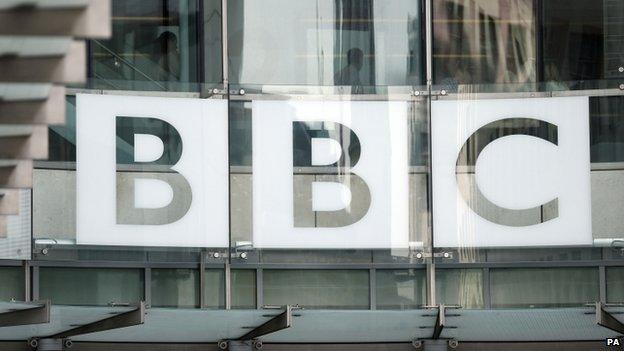
The BBC is a public corporation established by Royal Charter. It is paid for by the public directly through their TV licences. In the event of a "Yes" vote, the future of the BBC as a public service in Scotland would have to be negotiated.

What does the Scottish government want to happen?
Broadcasting
The Scottish government hopes to create a distinct Scottish Broadcasting Service in 2017 - built around the assets and staff of BBC Scotland. The plans are set out in the White Paper on Independence, external. It says the SBS would work in a partnership agreement with the BBC. That way Scots would still be able to watch, listen and read the full range of BBC programmes while, it argues, the SBS would still be able to provide programmes for BBC channels.
The government argues the main advantage of this arrangement would be that more money would be spent on broadcasting in Scotland and that the new broadcaster would be more accountable to the Scottish public. In a nutshell, they believe viewers in Scotland would get both existing network programmes plus a wider range of Scottish programmes and that Scottish creative industries would benefit.

Do campaigners for a "No" vote agree?
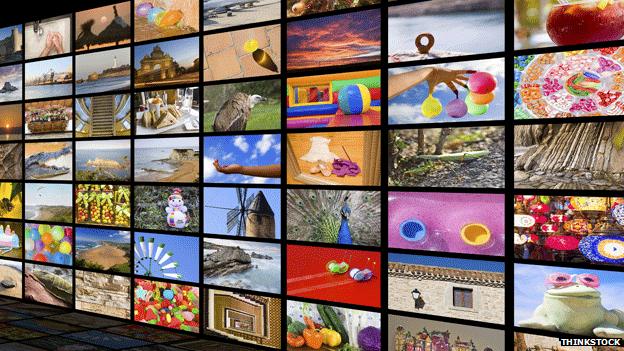
They say viewers in Scotland currently get the best of both - access to world-class network schedules along and a wide range of programmes made principally for a Scottish audience. They also believe a neat division of the assets of the BBC in Scotland would be difficult.
Former BBC director general Lord Birt wrote in The Guardian, external that a "Yes" vote would bring "consequences" for broadcasting in Scotland and the BBC as a whole. He had previously suggested in the House of Lords that the BBC would only want to "sell" programmes or services to Scotland at a commercial rate.
He also feared Scots would get a poorer service from a separate broadcasting organisation. Sceptics in the industry have also questioned whether programme makers in an independent Scotland could find it harder to get their programmes commissioned by the people who run the networks.

Has the BBC said what it wants to happen?
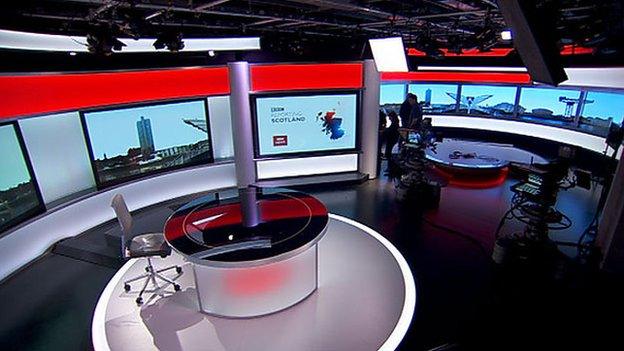
No. The BBC is keeping out of the referendum debate to make sure its impartiality is not compromised.

If an agreement can't be reached, can I still get the BBC?
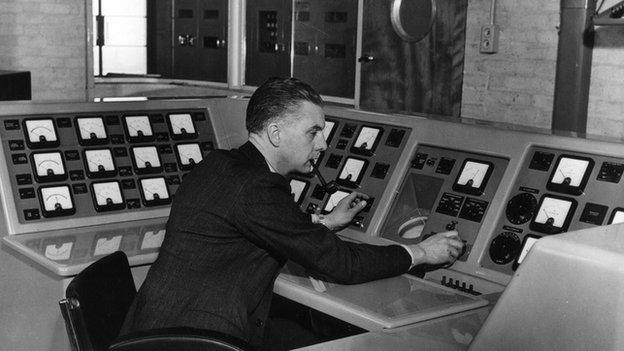
Some people in the south of Scotland are able to pick up Freeview signals from Cumbria and Northern Ireland. They would not be affected. However, if the BBC were not the public service broadcaster in an independent Scotland - or there were no agreement between the BBC and an independent SBS - there can be no certainty about what would be available on Freeview from Scottish transmitters. It also does not go without saying that straightforward satellite and cable access to BBC services would continue. There would probably need to be negotiations and agreements before BBC channels could still appear on the electronic programme guides.

Would I still be able to watch EastEnders and Doctor Who?
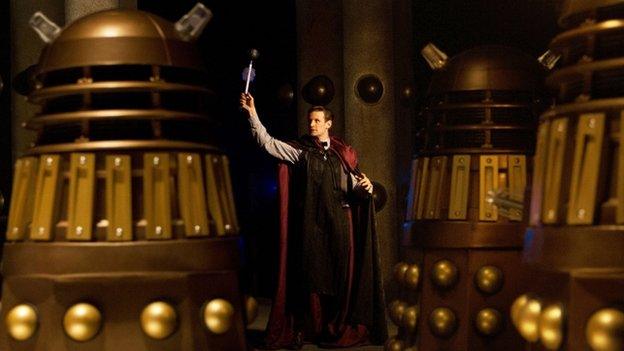
It would seem highly unlikely that an independent Scottish broadcaster would not want to buy in some of the most popular BBC programmes if the BBC was not available directly. The debate is more about the overall range and quality of public service broadcasting in an independent Scotland - not individual programmes.

What about STV, Channels 4 and 5 and other digital stations?
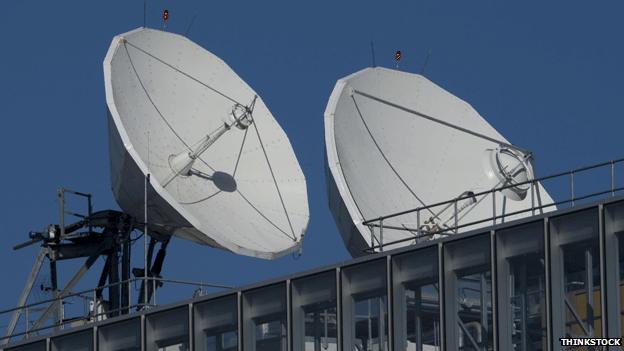
Well, STV is a business and has a commercial deal with ITV to buy in the network programmes. Similarly, there would be no direct impact on Channels 4 and 5. The Scottish government has promised to respect the licences of the other commercial channels. They all provide UK-wide services and the majority are also available on satellite and cable in the Republic of Ireland.

Aren't viewers in the Republic of Ireland able to watch the BBC?
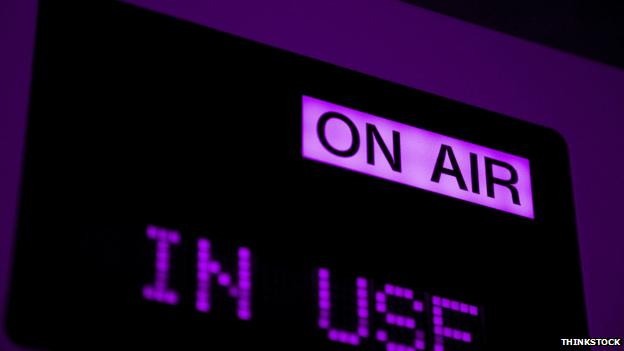
Indeed many can but it isn't straightforward. Some viewers are in areas where they can pick up signals from Northern Ireland or Wales if their aerials point the right way. Meanwhile agreements are in place which mean Sky and cable viewers can watch the main BBC channels but they are part of subscription packages. The British Freesat service is not marketed in the Republic.

But aren't people in Northern Ireland able to watch Irish public broadcaster RTE?
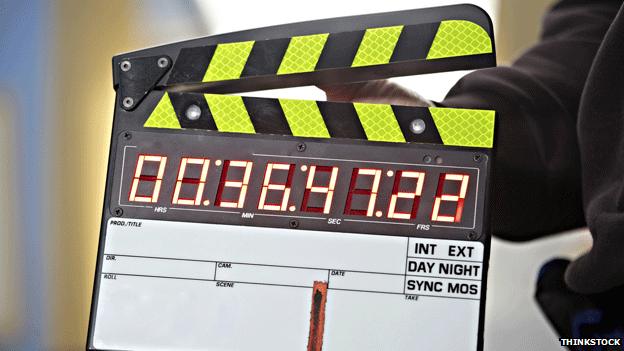
Yes. It is available on Sky in Northern Ireland and many people can pick up the signal from the Republic too. Two years ago, for the first time, additional transmitters were opened in Northern Ireland to improve coverage further. However, some would caution against using this as a precedent for Scotland. That's because this came about as a result of the Good Friday Agreement - the agreement which helped bring the Troubles to an end. For some in the nationalist community in Northern Ireland, the availability of the Irish public service broadcaster was a significant political and cultural issue.

What would the effect be on Gaelic television?
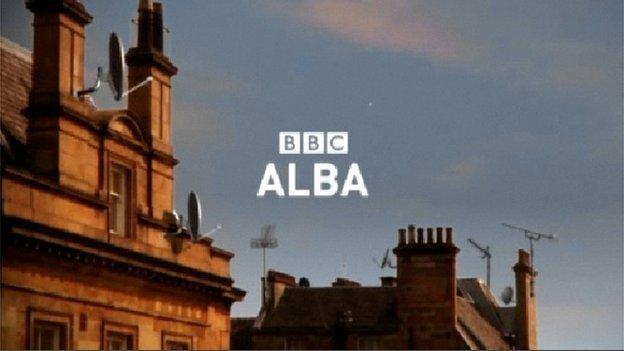
BBC Alba is unusual. Although it carries BBC branding it is run by the BBC in a partnership arrangement with the Gaelic media service MG Alba. Most of its programmes are actually paid for by MG Alba (currently funded by both the Scottish and UK governments) while others are paid for out of the BBC's own money. In the event of a separate Scottish Broadcasting Service being created, BBC Alba would come under its umbrella while an independent Scottish government would, presumably, be solely responsible for funding MG Alba. Whether this would lead to more money being spent on Gaelic broadcasting would depend on the spending decisions of the SBS and an independent Scottish government.